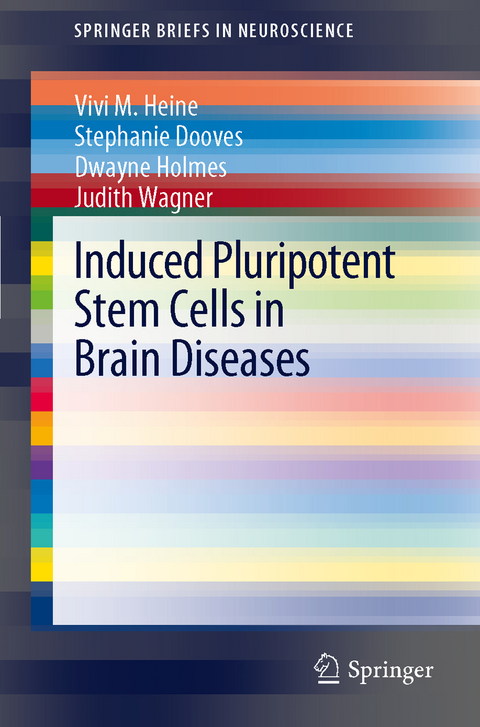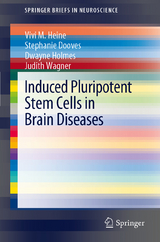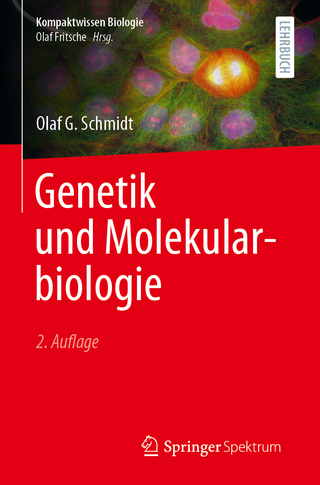Induced Pluripotent Stem Cells in Brain Diseases
Dr. Vivi M. Heine is an assistant professor in the Department of Pediatrics of the VU University Medical Center in Amsterdam, Netherlands. Dr. Heine earned her doctoral degree in Neurobiology from the University of Amsterdam, Netherlands. She then received post-doctoral training at the Dana Farber Cancer Institute, Harvard University, Boston and at the Eli and Edythe Broad Center of Regenerative Medicine and Stem Cell Research, University of California at San Francisco. She obtained a tenure track position in 2010.
I. Introduction.- II. Cell Reprogramming: A New Era in Regenerative Medicine.- a. Stem Cells.- b. Reprogramming Methods.- c. Measuring Pluripotency, Efficiency, and Identity.- d. Induced Pluripotent Stem Cells versus Embryonic Stem Cells.- III. Understanding Epigenetic Memory is the Key to Successful Reprogramming.- a. Pre-fertilization to Embryo.- b. Epigenetic Control in De-, Re-, and Trans-differentiation.- IV. Prospects for Cell Replacement Therapies for Brain Diseases.- a. Parkinson’s Disease.- b. Childhood Brain White Matter Disorders.- V. Conclusions.- VI. Acknowledgement.- VII. References.
| Reihe/Serie | SpringerBriefs in Neuroscience |
|---|---|
| Zusatzinfo | 6 Illustrations, color; 1 Illustrations, black and white; XV, 59 p. 7 illus., 6 illus. in color. |
| Verlagsort | Dordrecht |
| Sprache | englisch |
| Maße | 155 x 235 mm |
| Themenwelt | Medizin / Pharmazie ► Medizinische Fachgebiete ► Neurologie |
| Medizin / Pharmazie ► Medizinische Fachgebiete ► Pädiatrie | |
| Studium ► 2. Studienabschnitt (Klinik) ► Humangenetik | |
| Naturwissenschaften ► Biologie ► Genetik / Molekularbiologie | |
| Naturwissenschaften ► Biologie ► Humanbiologie | |
| Naturwissenschaften ► Biologie ► Zoologie | |
| Schlagworte | epigenetics • Gehirn • induced pluripotent stem cell • Neurology • Regenerative medicine • Zelle (Biologie) |
| ISBN-10 | 94-007-2815-8 / 9400728158 |
| ISBN-13 | 978-94-007-2815-8 / 9789400728158 |
| Zustand | Neuware |
| Haben Sie eine Frage zum Produkt? |
aus dem Bereich




